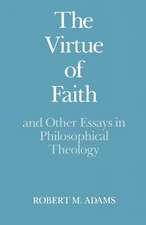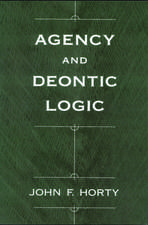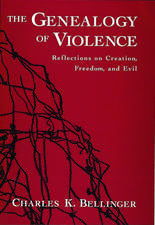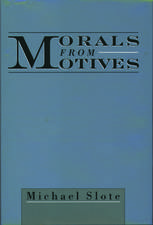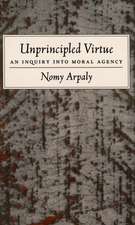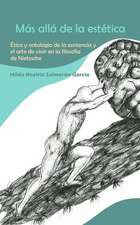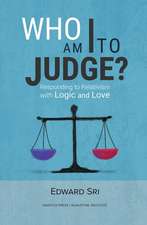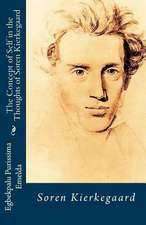Nietzsche's Values
Autor John Richardsonen Limba Engleză Hardback – 8 sep 2020
Preț: 620.80 lei
Preț vechi: 710.52 lei
-13% Nou
Puncte Express: 931
Preț estimativ în valută:
118.81€ • 123.58$ • 98.08£
118.81€ • 123.58$ • 98.08£
Carte tipărită la comandă
Livrare economică 03-09 aprilie
Preluare comenzi: 021 569.72.76
Specificații
ISBN-13: 9780190098230
ISBN-10: 0190098236
Pagini: 568
Dimensiuni: 239 x 165 x 38 mm
Greutate: 0.95 kg
Editura: Oxford University Press
Colecția OUP USA
Locul publicării:New York, United States
ISBN-10: 0190098236
Pagini: 568
Dimensiuni: 239 x 165 x 38 mm
Greutate: 0.95 kg
Editura: Oxford University Press
Colecția OUP USA
Locul publicării:New York, United States
Notă biografică
John Richardson grew up in Hawaii and has undergraduate degrees from Harvard College (1972, Philosophy) and Oxford University (1974, PPE), and a PhD from the University of California, Berkeley (1981, Philosophy). He has written two previous books on Nietzsche (Nietzsche's System, OUP 1996) and Nietzsche's New Darwinism (OUP 2004), as well as two books on Heidegger. He is Professor of Philosophy at New York University.

